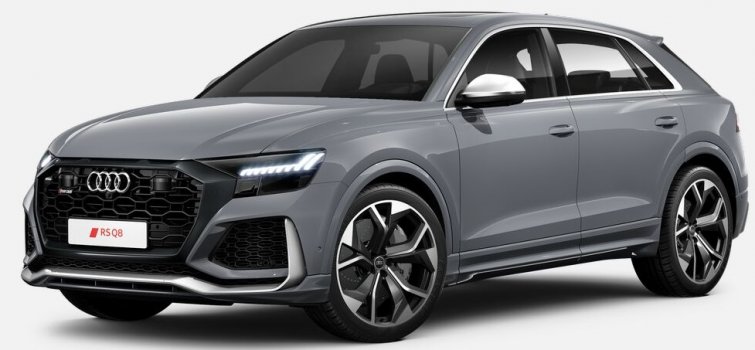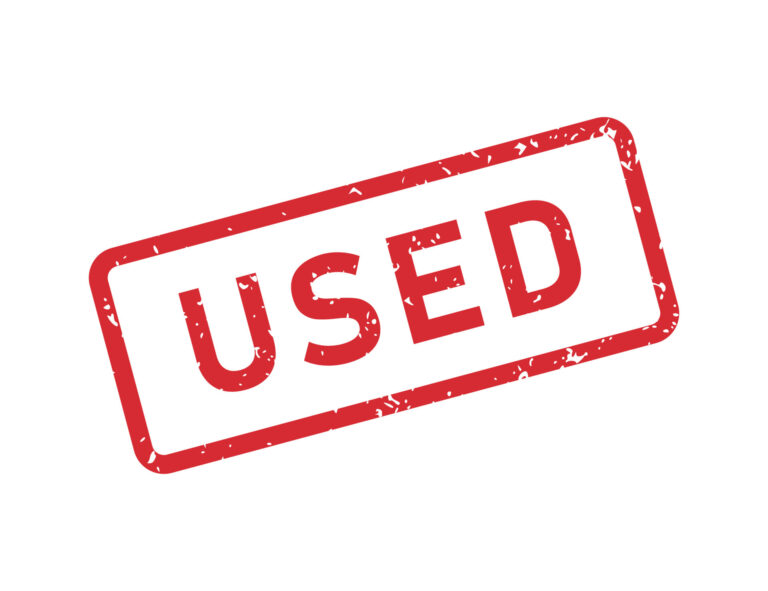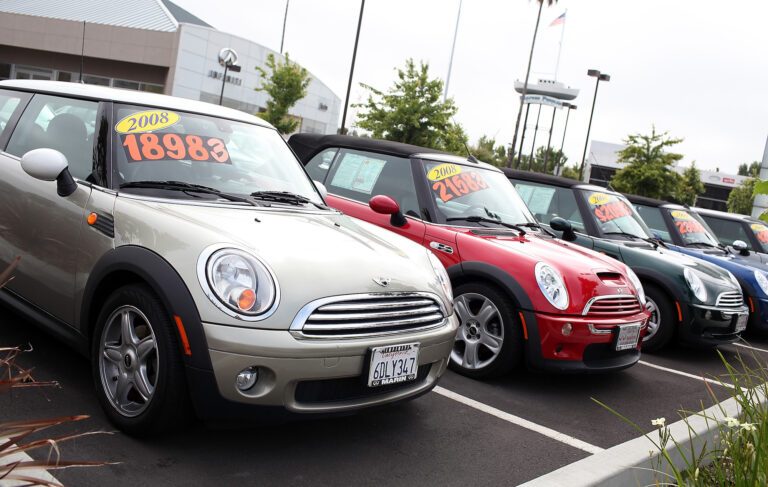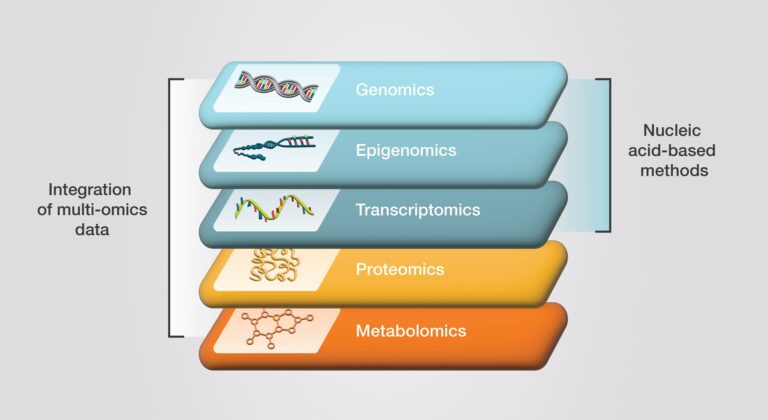Brand New Car Prices In Kenya: A Comprehensive Guide
Brand New Car Prices In Kenya: A Comprehensive Guide cars.truckstrend.com
The dream of owning a brand new car in Kenya is a significant aspiration for many. Unlike the bustling market for pre-owned imported vehicles, the realm of brand new cars offers a unique blend of cutting-edge technology, pristine condition, manufacturer warranties, and the undeniable prestige of being the first owner. However, this premium experience comes with a price tag that often raises eyebrows. Understanding "Brand New Car Prices In Kenya" is not merely about looking up a number; it’s about dissecting the complex interplay of global manufacturing, local taxation, economic factors, and consumer demand that shapes the final figure.
This comprehensive guide aims to demystify the cost of a brand new vehicle in Kenya, providing insights into what influences these prices, who the key players are, how to navigate the market, and practical advice for potential buyers.
Brand New Car Prices In Kenya: A Comprehensive Guide
The Dynamics of New Car Pricing in Kenya
The cost of a brand new car in Kenya is significantly higher than in many other markets, even for the same models. This disparity is primarily due to a confluence of factors:
- High Import Duties and Taxes: Kenya relies heavily on import duties, excise duty, Value Added Tax (VAT), and other levies (like Railway Development Levy and Import Declaration Fee) on imported goods, including vehicles. These taxes can collectively add more than 50% to the ex-factory price of a vehicle, sometimes even doubling it, especially for larger engine capacities.
- Exchange Rate Fluctuations: Most brand new vehicles are imported, meaning their prices are highly susceptible to the exchange rate between the Kenyan Shilling and major currencies like the US Dollar, Japanese Yen, or Euro. A weakening shilling directly translates to higher import costs.
- Shipping and Logistics: Transporting vehicles from manufacturing plants overseas to Kenya involves significant shipping, insurance, and handling costs, all of which are factored into the final price.
- Dealer Margins and Overheads: Authorized dealerships incur substantial operational costs, including showrooms, spare parts inventory, after-sales service centers, marketing, and staff salaries. A reasonable profit margin is built into the pricing to cover these expenses and ensure business sustainability.
- Limited Local Assembly: While there are efforts to promote local assembly, a vast majority of brand new vehicles sold in Kenya are fully built units (FBUs) imported from abroad. This limits the benefits of reduced import duties that local assembly might offer.
- Market Size and Demand: Compared to larger, more mature automotive markets, Kenya’s new car market is relatively small. This means economies of scale are harder to achieve, potentially leading to higher per-unit costs for distributors.
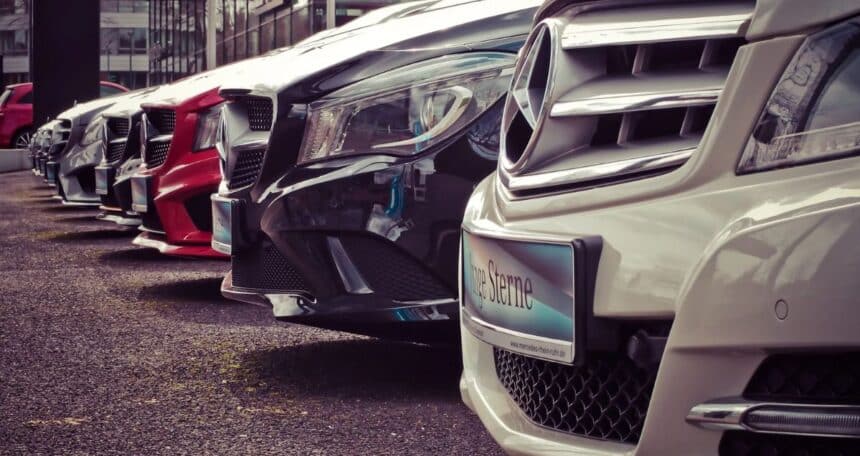
These factors combine to create a pricing structure that makes new car ownership a significant investment, often reserved for corporate clients, government institutions, and high-net-worth individuals.
Key Players in the Kenyan New Car Market
The brand new car market in Kenya is dominated by a few well-established authorized distributors and their respective brands:

- CFAO Motors Kenya (formerly Toyota Kenya): The undisputed leader, representing Toyota, Hino, and Yamaha. Toyota’s reputation for reliability and strong resale value makes it a consistent top seller.
- Isuzu East Africa: A major player in commercial vehicles (pickups, trucks, buses) and increasingly popular SUVs.
- DT Dobie: Distributes brands like Mercedes-Benz, Volkswagen, and Great Wall Motors.
- Simba Corp: Represents Mitsubishi, Fuso, Proton, and recently, Hyundai.
- Inchcape Kenya: Deals in premium brands like BMW and Jaguar Land Rover.
- Subaru Kenya: Known for its robust all-wheel-drive vehicles.
- CMC Motors: Handles Ford, Mazda, Suzuki, and some commercial vehicles.
- Crown Motors Group: Represents Nissan and Renault.
- Other significant players: GAEC (Hyundai), Xylon Motors (Kia), and various independent importers for niche brands.
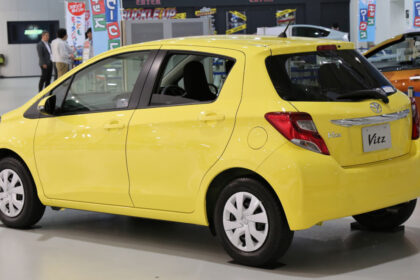
These dealerships not only sell vehicles but also provide crucial after-sales support, genuine spare parts, and warranty services, which are key advantages of buying new.
Understanding the Price Tag: What You’re Really Paying For
When you see the price of a brand new car in Kenya, it’s the culmination of several layers of costs:
- Ex-Factory Price (FOB/CIF): This is the cost of the vehicle from the manufacturer, including freight and insurance to Kenya.
- Import Duty: Currently 25% of the customs value (cost + insurance + freight).
- Excise Duty: Varies based on engine size. For vehicles with engine capacity below 1500cc, it’s 20%. For those above 1500cc, it’s 35%. This is applied on the sum of customs value and import duty.
- Value Added Tax (VAT): 16% of the sum of customs value, import duty, and excise duty.
- Railway Development Levy (RDL): 1.5% of the customs value.
- Import Declaration Fee (IDF): 2.5% of the customs value, with a minimum of KES 5,000.
- Anti-Counterfeit Levy: A small percentage applied to certain goods.
- Dealer Markup: This covers the dealership’s operational costs, marketing, and profit margin.
- Registration and Number Plate Fees: Government charges for vehicle registration.
Example Calculation (Simplified):
Imagine a car with an ex-factory price of KES 2,000,000 (CIF Nairobi).
- Customs Value: KES 2,000,000
- Import Duty (25%): KES 500,000
- Subtotal 1: KES 2,500,000
- Excise Duty (e.g., 20% for <1500cc): KES 500,000
- Subtotal 2: KES 3,000,000
- VAT (16%): KES 480,000
- Subtotal 3: KES 3,480,000
- RDL (1.5% of KES 2M): KES 30,000
- IDF (2.5% of KES 2M): KES 50,000
- Total landed cost before dealer markup/registration: KES 3,560,000 (approx.)
This simplified example shows how quickly the price escalates due to taxes and levies.
Financing Your Brand New Car in Kenya
Given the high price points, most brand new car purchases in Kenya are facilitated through financing options:
- Bank Loans (Asset Finance): Commercial banks offer asset finance products where the vehicle itself serves as collateral. Typically requires a deposit (10-30% of the car’s value), with repayment periods ranging from 3 to 6 years. Interest rates can be variable or fixed.
- SACCO Loans: Savings and Credit Cooperative Organizations (SACCOs) often provide more flexible and sometimes lower-interest loans to their members.
- Corporate Leases: Many companies opt for vehicle leasing agreements, which offer tax benefits and remove the burden of ownership and maintenance from their balance sheets.
- Hire Purchase: A traditional method where the buyer pays in installments and gains ownership after the final payment.
Practical Advice: Always compare interest rates, processing fees, and repayment terms from multiple lenders. Factor in the total cost of the loan, not just the monthly installment. Ensure you understand the terms and conditions, especially regarding early repayment penalties.
Tips for Buying a Brand New Car in Kenya
Purchasing a brand new car is a significant investment. Here are some tips to make an informed decision:
- Define Your Needs and Budget: Before looking at models, clearly establish what you need the car for (family, business, commuting), your desired features, and your absolute maximum budget, including insurance and running costs.
- Research Thoroughly: Don’t rely solely on showroom information. Read independent reviews, compare specifications, fuel efficiency, safety ratings, and standard features across different models and brands.
- Compare Dealerships: If the same brand has multiple dealerships or branches, check if prices or offers vary. Some dealerships might offer better bundled packages (e.g., free servicing for a period, accessories).
- Negotiate (Within Limits): While the base price of a brand new car is often non-negotiable due to fixed tax structures and manufacturer pricing, there might be room to negotiate on accessories (floor mats, security systems), extended warranties, or service packages.
- Understand Warranty and After-Sales Service: A major advantage of new cars is the manufacturer’s warranty. Understand its duration, what it covers, and the availability and cost of genuine spare parts and authorized service centers in your locality.
- Consider Total Cost of Ownership: Beyond the purchase price, factor in insurance, fuel consumption, scheduled maintenance costs, and potential depreciation. Some brands have cheaper spare parts and servicing than others.
- Test Drive Extensively: Never buy a car without a thorough test drive. Pay attention to comfort, handling, acceleration, braking, visibility, and how it feels to drive in typical Kenyan road conditions.
- Read the Purchase Agreement Carefully: Before signing anything, ensure all terms, conditions, and agreed-upon inclusions are clearly documented.
Challenges and Solutions in the New Car Market
Challenges:
- High Entry Barrier: The significant cost makes new cars inaccessible for a large segment of the population.
- Limited Customization: While some models offer trim levels, extensive customization options available in other markets might be limited due to inventory management.
- Depreciation: New cars depreciate fastest in their first few years, representing a significant loss in value.
- Lead Times: Some specific models or color choices might require long waiting periods as they need to be ordered from the factory.
Solutions:
- Financial Planning: Start saving early, explore various financing options, and understand your borrowing capacity.
- Consider Lower Specs or Smaller Models: If your budget is tight, consider entry-level trims or smaller, more fuel-efficient models that are more affordable.
- Evaluate Used vs. New: For some, a well-maintained used car might offer better value for money, especially if budget is a primary concern. However, new cars offer peace of mind and warranty.
- Bundle Deals and Promotions: Keep an eye out for special offers, discounted service packages, or trade-in deals that dealerships occasionally run.
Brand New Car Prices in Kenya: Indicative Price Table (2024)
Please note: These prices are indicative "starting from" figures and can vary significantly based on trim level, engine size, features, accessories, prevailing exchange rates, and any ongoing promotions. It’s always best to get an exact quote from an authorized dealership.
| Make | Model | Type (Body Style) | Starting Price (Ksh, Indicative) | Key Features/Notes |
|---|---|---|---|---|
| Toyota | Corolla (Sedan) | Sedan | KES 3,500,000 – 4,500,000 | Fuel-efficient, reliable, strong resale, modern features. |
| RAV4 | SUV | KES 5,500,000 – 7,500,000 | Popular compact SUV, good blend of comfort & capability. | |
| Hilux | Pickup | KES 4,500,000 – 7,000,000 | Robust workhorse, also popular as a family vehicle. | |
| Land Cruiser Prado | SUV | KES 10,000,000 – 15,000,000+ | Premium, off-road capable, luxury SUV. | |
| Isuzu | D-Max | Pickup | KES 4,000,000 – 6,500,000 | Durable, powerful, strong commercial and personal appeal. |
| MU-X | SUV | KES 6,000,000 – 7,500,000 | 7-seater SUV based on D-Max platform, family-friendly. | |
| Mitsubishi | L200 (Triton) | Pickup | KES 4,000,000 – 6,000,000 | Competitor to Hilux/D-Max, rugged and capable. |
| Outlander | SUV | KES 5,000,000 – 6,500,000 | Mid-size SUV, often available in hybrid variants. | |
| Suzuki | Swift | Hatchback | KES 2,000,000 – 2,500,000 | Compact, fuel-efficient, ideal for city driving. |
| Vitara Brezza | Compact SUV | KES 2,800,000 – 3,500,000 | Popular for its compact size, affordability, and SUV feel. | |
| Hyundai | Creta | Compact SUV | KES 3,200,000 – 4,000,000 | Stylish, feature-rich compact SUV. |
| Tucson | SUV | KES 4,500,000 – 6,000,000 | Mid-size SUV, modern design, comfortable. | |
| Kia | Seltos | Compact SUV | KES 3,000,000 – 3,800,000 | Trendy design, good features for its segment. |
| Sportage | SUV | KES 4,200,000 – 5,500,000 | Stylish mid-size SUV, strong value proposition. | |
| Subaru | Forester | SUV | KES 4,500,000 – 6,000,000 | All-wheel drive, safety features, good for varied terrain. |
| Mercedes-Benz | C-Class | Sedan | KES 8,000,000 – 12,000,000+ | Luxury compact executive sedan, premium features. |
| GLC | SUV | KES 9,000,000 – 14,000,000+ | Popular luxury SUV, comfortable and well-equipped. | |
| BMW | 3 Series | Sedan | KES 7,500,000 – 11,000,000+ | Sporty luxury sedan, driving dynamics. |
| X3 | SUV | KES 8,500,000 – 13,000,000+ | Compact luxury SUV, blend of performance and practicality. |
Frequently Asked Questions (FAQ) about Brand New Car Prices in Kenya
Q1: Why are brand new cars so expensive in Kenya compared to other countries?
A1: The primary reasons are high import duties, excise duties, VAT, and other levies imposed by the Kenyan government. Exchange rate fluctuations, shipping costs, and dealer margins also contribute significantly to the final price.
Q2: Is it better to buy a brand new car or a used car in Kenya?
A2: It depends on your budget, priorities, and risk tolerance.
- New Car Pros: Full warranty, latest technology, no prior damage, peace of mind, better financing terms, prestige.
- Used Car Pros: Significantly lower purchase price, less depreciation, wider variety of models/brands available.
Ultimately, if your budget allows, a new car offers unparalleled reliability and after-sales support.
Q3: What’s the typical down payment for a brand new car loan in Kenya?
A3: Most financial institutions (banks, SACCOs) require a down payment ranging from 10% to 30% of the vehicle’s total cost. Some special arrangements or corporate leases might have different terms.
Q4: Do brand new cars come with a warranty in Kenya?
A4: Yes, all authorized dealerships offer a manufacturer’s warranty, typically ranging from 3 years/100,000 km to 5 years/150,000 km, whichever comes first. This covers manufacturing defects and provides peace of mind.
Q5: Can I negotiate the price of a brand new car in Kenya?
A5: The base price of a brand new car, influenced by taxes and manufacturer pricing, is often fixed. However, you might have some room to negotiate on value-added items like accessories (e.g., car alarms, floor mats), extended service packages, or special promotional bundles.
Q6: How long does it take to get a brand new car after ordering in Kenya?
A6: If the model and trim level you desire are in stock at the dealership, you could take delivery within a few days to a week (after financing and registration are complete). If the car needs to be ordered from the factory, lead times can range from 3 to 6 months, or even longer for very specific or high-demand models.
Q7: Are there any hidden costs when buying a brand new car?
A7: Beyond the listed price, remember to factor in:
- Insurance: Comprehensive insurance is mandatory and can be a significant annual cost.
- Registration Fees: Included in the overall price, but good to be aware of.
- Accessories: Any add-ons beyond the standard specifications will incur extra charges.
- Fuel: The car won’t come with a full tank!
Conclusion
Navigating the landscape of "Brand New Car Prices In Kenya" requires a blend of financial literacy, diligent research, and a clear understanding of personal needs. While the cost may seem daunting, the benefits of owning a pristine vehicle with a full warranty, reliable after-sales support, and the latest features are undeniable. By understanding the factors influencing pricing, exploring available financing options, and employing smart buying strategies, aspiring car owners can make an informed decision that aligns with their budget and lifestyle. The journey to owning a brand new car in Kenya is a significant investment, but with proper planning, it can be a rewarding one.
